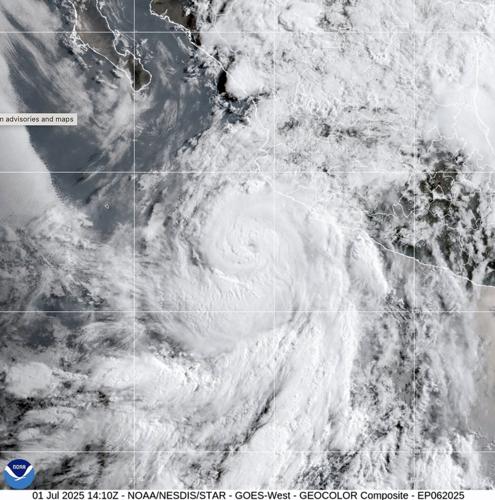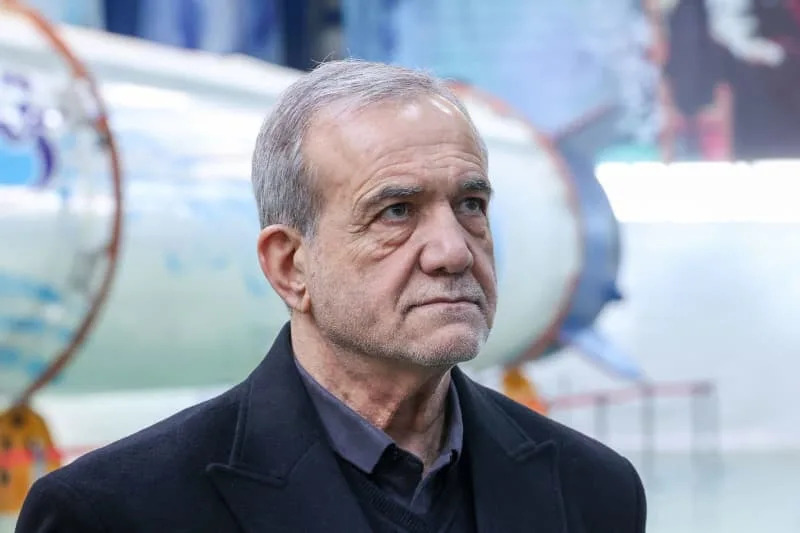Iran has enacted a temporary suspension of its cooperation with the International Atomic Energy Agency (IAEA), marking a significant escalation in its nuclear policy. The decision, signed into law by President Masoud Pezeshkian, was reported by the Tasnim news agency on Wednesday. This move effectively bars IAEA inspectors from entering Iran until the security of its nuclear facilities is assured.
According to parliamentary speaker Mohammad Bagher Ghalibaf, the Vienna-based IAEA must first condemn recent attacks on Iran’s nuclear sites by the United States and Israel and formally recognize Iran’s nuclear program. The suspension has raised international concerns, as many details of the new regulation remain unclear.
Background and Context
The announcement comes at a time of heightened tensions in the Middle East, following a series of attacks on Iranian nuclear facilities. These incidents, attributed to the US and Israel, have exacerbated regional instability and prompted Iran to reassess its cooperation with international bodies. Historically, Iran’s nuclear program has been a point of contention, drawing global scrutiny and leading to a complex web of negotiations and sanctions.
The IAEA, responsible for monitoring nuclear activities to ensure compliance with international agreements, has been a key player in these negotiations. Its inspectors have been instrumental in verifying Iran’s adherence to the Joint Comprehensive Plan of Action (JCPOA), commonly known as the Iran nuclear deal. However, the recent suspension complicates these efforts and raises questions about the future of the agreement.
International Reactions and Expert Opinions
Meanwhile, the international community has reacted with concern to Iran’s decision. Experts warn that the suspension could lead to increased tensions and undermine efforts to ensure regional security. Dr. Ali Reza, a Middle East policy analyst, noted,
“Iran’s decision to halt cooperation with the IAEA is a strategic maneuver, likely aimed at gaining leverage in future negotiations.”
Furthermore, the move has drawn criticism from Western nations, who view it as a setback in diplomatic efforts to curb Iran’s nuclear ambitions. The United States and European countries have urged Iran to reconsider its stance and return to the negotiating table.
Historical Parallels
This development follows a historical pattern of fluctuating relations between Iran and the international community. In the past, Iran has used its nuclear program as a bargaining chip in negotiations, often suspending and resuming cooperation based on geopolitical dynamics. The current situation echoes similar tensions seen in the early 2000s, when Iran’s nuclear activities first came under intense scrutiny.
Implications and Future Outlook
The suspension of cooperation with the IAEA represents a significant shift in Iran’s nuclear policy, with potential implications for regional and global security. The decision could lead to further isolation of Iran, as well as increased pressure from the international community to comply with nuclear agreements.
According to sources within the Iranian Foreign Ministry, IAEA inspectors currently in the country are not permitted access to the damaged nuclear facilities targeted in recent attacks. This restriction highlights the challenges facing the IAEA in fulfilling its monitoring role.
As a ceasefire is now in effect, the focus shifts to diplomatic efforts to resolve the standoff. Analysts suggest that negotiations will be crucial in determining the future of Iran’s nuclear program and its relationship with the international community.
The move represents a critical juncture in Iran’s nuclear policy, with potential consequences for global non-proliferation efforts. The coming weeks and months will likely see intensified diplomatic activity as stakeholders seek to address the underlying issues and restore cooperation.
About The Author
 Hurricane Flossie Intensifies to Category 3 Off Mexico’s Coast
Hurricane Flossie Intensifies to Category 3 Off Mexico’s Coast Denmark Expands Military Conscription to Include Women Amid Security Concerns
Denmark Expands Military Conscription to Include Women Amid Security Concerns Italian “Ghost Children” Found in Isolation: Parents Claim Protective Intentions
Italian “Ghost Children” Found in Isolation: Parents Claim Protective Intentions Paramount Settles $16 Million Lawsuit with Trump Over ’60 Minutes’ Interview
Paramount Settles $16 Million Lawsuit with Trump Over ’60 Minutes’ Interview Canadians Celebrate Canada Day with Renewed Patriotism Amid Tensions with Trump
Canadians Celebrate Canada Day with Renewed Patriotism Amid Tensions with Trump